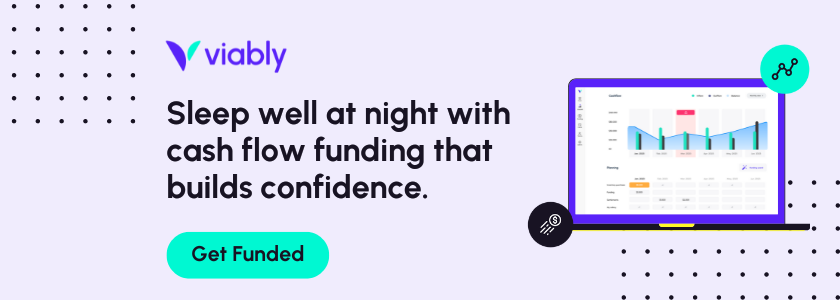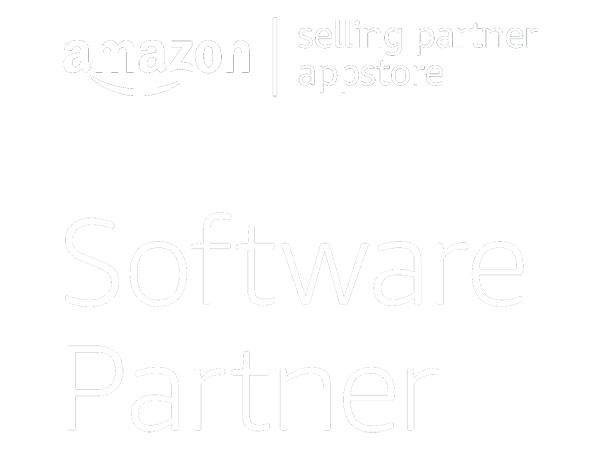A small business bank account provides benefits that go above and beyond the demands of your everyday operations. Whether you have a simple freelancing business or a growingly complex ecommerce business, there are major advantages to opening a business account. Are you a small business owner who’s been using your bank account to handle your company’s finances? You’re starting to think it might be time to switch to a small business bank account, but you’re not sure if it’s the right move for you. This post explores the advantages of a business account and the telltale signs that it’s time to switch.
What Is a Small Business Bank Account?
There are a lot of things to think about when starting a business, and one of the most important is managing your finances. One of the first decisions you will need to make is whether to use a personal bank account or switch to a small business bank account. Consider the advantages of a having a business account:
- You can find a bank account that reduces or eliminates fees associated with business transactions
- You’re in charge of all the transactions
- You can write off all your business expenses since they are tracked separately
- You can build business credit and borrow money against your account if needed
- The bank will help you set up a budget and track your expenses
A Business Bank Account Makes You Look More Professional
A business bank account allows you to have your company’s name and information on the transaction or check. When a client sees an incoming wire transfer or check with your company name, it represents credibility. This is also true when working with suppliers or vendors. You’re already starting from a better position to negotiate when you present yourself as a credible business owner.
Separate Your Personal and Business Expenses
By keeping your personal and business expenses and accounts separate, you can quickly establish credit for your company. Good credit might be crucial when you require business financing. If your finances are intertwined, getting a loan may be challenging.
When you have a separate account for your business, prospective lenders can see more clearly what you spend on, how much money you make, and how financially stable you are. This will increase your chances of getting a loan and make tax season significantly less stressful for your accountant, or yourself if you do your tax filings.
Preparing for Tax Filing
Consider the scenario when you are attempting to claim deductions for company costs. If you have merged accounts, qualifying transactions may be lost in a flood of purchases. A tax expert may quickly identify which purchases were made for business purposes when you have a separate account because your spending is not on the account.
When to Switch: Three Key Indicators
The short answer is that there are advantages to switching as soon as you start your business. It doesn’t always happen that way for a number of reasons, so here are three key indicators that you’re overdue:
- Your business is growing, and you need more support
- You’re starting to feel limited by your current account
- The number of transactions you’re making is increasing
Switch to a Small Business Bank Account Today
If you’re experiencing any of the above, it may be time to make the switch and get the support your business needs. Talk to us about the options available and get started with an account that’s right for you. A business account with Viably is the perfect solution for your small business banking needs.



